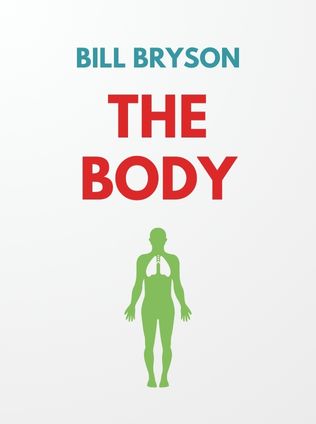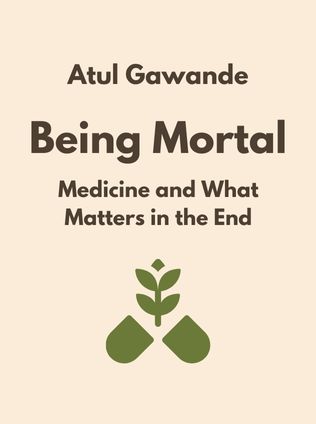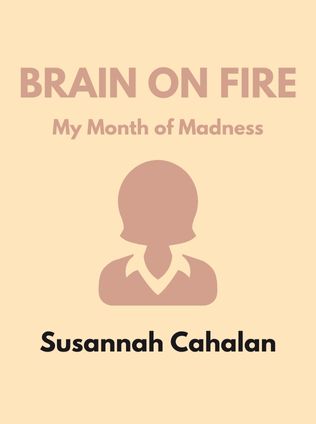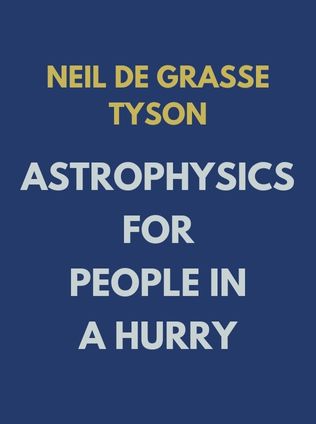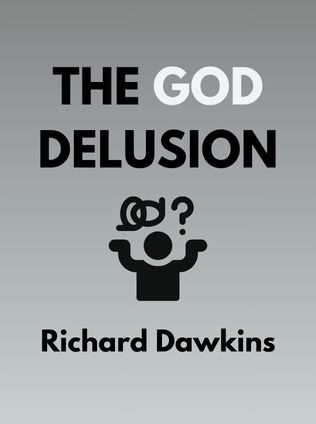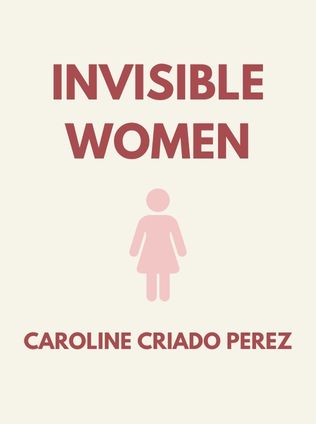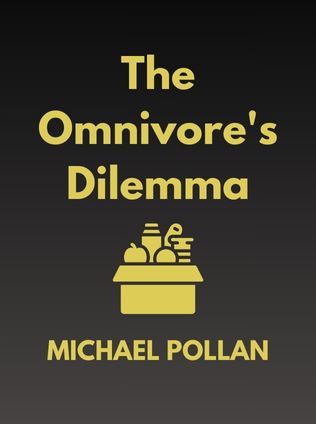
The Omnivore's Dilemma
A Natural History of Four Meals
By Michael Pollan
Published 04/2006
About the Author
Michael Pollan is a renowned author, journalist, and professor known for his profound explorations of the intersections between nature and culture. With a focus on food, agriculture, and the environment, Pollan's works have consistently challenged the status quo, encouraging readers to rethink their relationship with the natural world. In "The Omnivore's Dilemma," Pollan brings his investigative prowess and narrative flair to the complex world of food, tracing the origins of what we eat and examining the profound implications of our dietary choices. His writing is characterized by a deep curiosity, a commitment to truth, and a passion for uncovering the hidden stories behind everyday experiences.
Main Idea
At the heart of "The Omnivore’s Dilemma" lies a critical exploration of the modern food system and the challenges it poses to human health, animal welfare, and environmental sustainability. Pollan seeks to answer a seemingly simple yet profoundly complex question: "What should we have for dinner?" This question, which has haunted humanity since its earliest days, takes on new urgency in a world where food production has become industrialized and disconnected from nature. Pollan argues that our modern-day "omnivore's dilemma" is driven by the vast array of food choices available to us and the lack of transparency about where our food comes from and how it is produced.
To address this dilemma, Pollan examines four distinct food chains: Industrial, Industrial Organic, True Organic, and Hunter-Gatherer. Through this exploration, he uncovers the hidden costs of industrial agriculture, the compromises of organic farming at scale, the virtues of sustainable, local food systems, and the ethical considerations of eating meat. Ultimately, Pollan calls for a return to a more mindful and sustainable approach to eating, one that respects the natural world and considers the broader implications of our food choices.
Table of Contents
- Introduction: The Omnivore's Dilemma
- Part One: Industrial Food Chain
- Part Two: Industrial Organic Food Chain
- Part Three: True Organic Food Chain
- Part Four: Hunter-Gatherer Food Chain
- Conclusion: Rethinking Our Relationship with Food
Introduction: The Omnivore's Dilemma
The concept of the "omnivore's dilemma" is rooted in the unique dietary challenges faced by humans, who, as omnivores, can consume a wide variety of foods. Unlike specialized eaters, such as koalas or pandas, which have limited food choices, humans must navigate a vast and often bewildering array of options. In the past, this dilemma was a matter of survival, as early humans needed to discern which foods were safe to eat and which were poisonous. Over time, cultural traditions, taste preferences, and social norms helped guide food choices, creating a sense of stability and continuity in diets.
However, the advent of industrial agriculture and the globalization of food production have disrupted these traditional food systems, leaving many people confused and anxious about what to eat. Pollan argues that the modern omnivore's dilemma is characterized by a lack of knowledge about where our food comes from and how it is produced. This ignorance has been exacerbated by the marketing strategies of food companies, which often prioritize profits over health and environmental concerns. In this context, Pollan sets out to explore the origins of our food and to provide readers with the information they need to make informed and ethical dietary choices.
Part One: Industrial Food Chain
Pollan begins his journey by examining the industrial food chain, which is dominated by corn. Corn is not only a staple crop in the American Midwest but also the foundation of the industrial food system. It is used to produce a wide range of products, from processed foods to livestock feed, and its ubiquity is a testament to the efficiency and scale of industrial agriculture. However, this efficiency comes at a high cost. The industrial food chain relies heavily on synthetic fertilizers, pesticides, and fossil fuels, all of which contribute to environmental degradation and climate change.
Sign up for FREE and get access to 1,400+ books summaries.
You May Also Like
The Body Keeps the Score
Brain, Mind, and Body in the Healing of Trauma
By Bessel van der KolkFactfulness
Ten Reasons We're Wrong About the World – and Why Things Are Better Than You Think
By Hans RoslingBraiding Sweetgrass
Indigenous Wisdom, Scientific Knowledge and the Teachings of Plants
By Robin Wall Kimmerer










